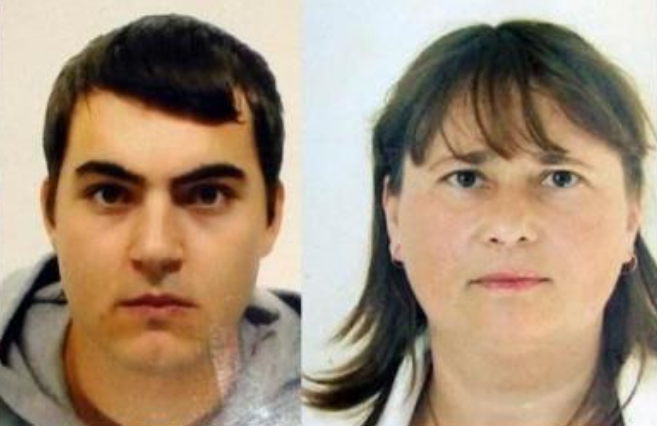Background
Elisaveta Talpis suffered years of domestic violence at the hands of her alcoholic husband. He attacked her on numerous occasions, causing injuries to her head and body. He also tried to make her have sex with his friends by threatening her with a knife. After Elisaveta was hospitalised, she moved into a shelter for three months – but she had to leave due to a lack of space and resources.
Elisaveta tried to tell the authorities about her situation several times. She lodged a formal complaint, asking for prompt action to protect her and her children. However, the police did nothing for months. This created a situation of impunity conducive to further acts of violence.
One evening in November 2013, Elisaveta again contacted the authorities about her husband. Police stopped him and found that he was in a drunken state but allowed him to go home. He went to the house in a rage, attacking Elisaveta with a knife. Her 19-year-old son tried to stop him. The husband stabbed the boy, who died of his injuries. Elisaveta was also stabbed several times in the chest as she tried to escape, but she survived the attack.



